Best Ways to Invest Money in Dubai

The UAE is one of the most attractive places for investments, as there are almost no taxes that are inherent in other countries around the world, and all points concerning investments are well protected at the legislative level. A first-time investor has a wide choice of investments including savings accounts, real estate, businesses, stocks and bonds, mutual funds, ETFs and REITs, etc. But the main question is how and where is best to invest, in order to get maximum benefit in the Emirates. In this article, we will tell you about the steps a novice investor needs to take in order to understand the main ways to invest in the UAE. In addition, you will be able to get acquainted with the tax component of the state, as well as understand where you should seek help or support for business development in the UAE. We hope that after analyzing these investment tools you will make the right decision.
Investment in the UAE
Without proper research, it’s almost impossible to make a good decision when it comes to investment. State support for investment in the UAE is expressed in the creation of a favorable legal and financial environment for business, as it is one of the most stable economies in the world. The business culture of the country aims at a global scale, as a result of which, the UAE attracts many investors from all over the world every year. For example, based on the World Competitiveness Center’s Global Competitiveness Report 2021, the UAE was ranked as the 1st in the region and the 9th most attractive month for investment in the world. In turn, according to the UN Conference on Trade and Development’s Global FDI Report 2021, the UAE ranks 15th globally in its ability to attract FDI and 1st among GCC states. Due to the growth of investment in the country’s economy, the choice of asset classes is also increasing, where investors can choose between buying real estate, trading on the stock exchange, private pension schemes, deposit accounts and funds. These investments are available not only in Dubai but also in Abu Dhabi, Sharjah and Ras Al Khaimah. It is worth noting that the influx of foreign investors can be put down to a variety of reasons, among which is the government’s encouragement of small and medium-sized businesses, the flexibility of the business environment, a sustainable economy and the constant improvement of regulations and laws that aim to create an ideal platform for economic success. Among the latter are investments in the UAE’s digital infrastructure, as well as changes to create a more competitive regulatory framework. Against this backdrop, the UAE Central Bank predicts GDP growth of at least 3.5% in 2022 and real non-oil GDP growth of 3.9%.
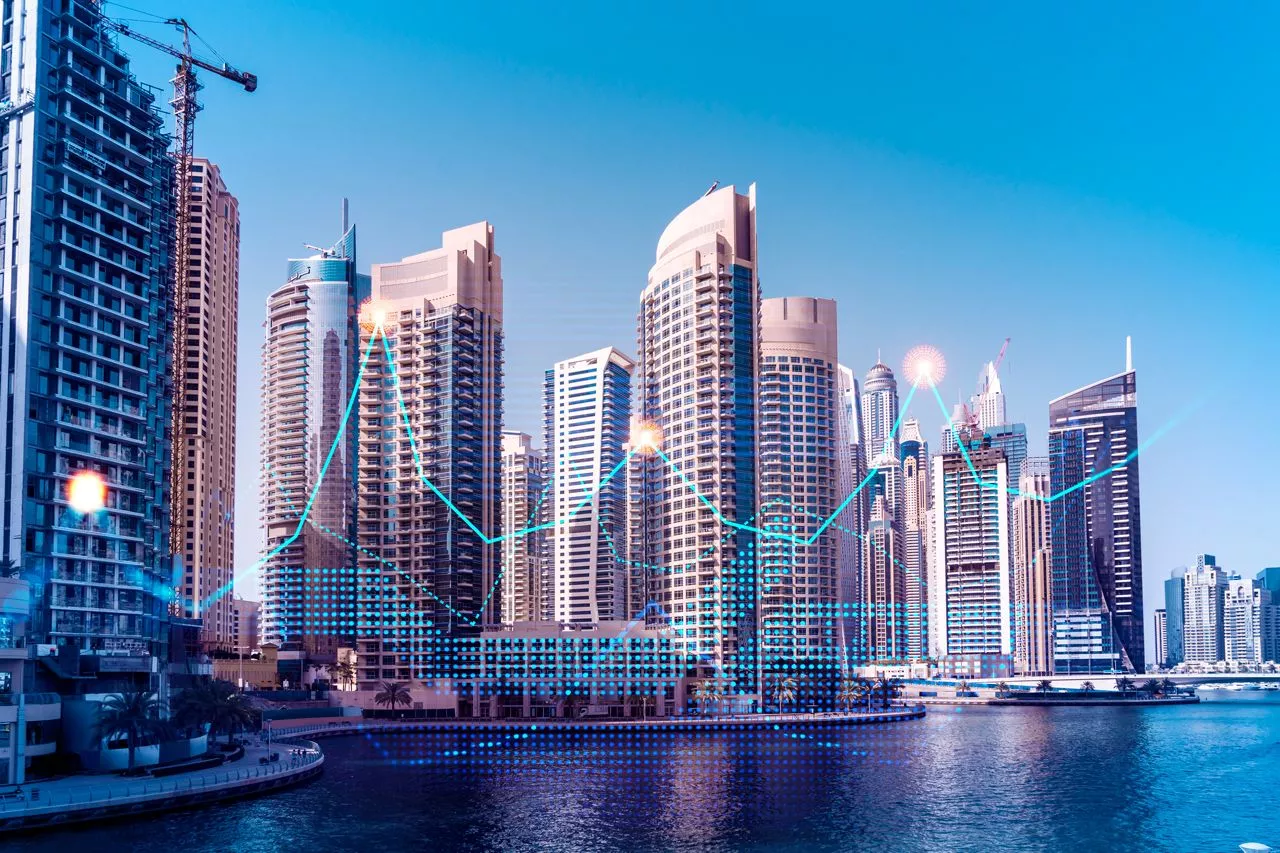
The investment climate in the UAE
The UAE government is currently committed to diversifying the economy, which has a positive effect on private sector development and reduces the government’s dependence on the oil and gas industry. To diversify the economy, the government is attracting investments in various areas, including logistics, healthcare, scientific research, renewable energy, food security, manufacturing and advanced technology. In order to attract more FDI and develop the state, this year the UAE government presented a new industrial strategy to be implemented over the next 10 years. It aims to increase contributions to the industrial sector from AED 133B (USD 36.21B) to AED 300B (USD 81.68B). The “Operation 300 Billion” campaign will create 13,500 industrial companies so that investment in R&D in the industrial sector will increase from AED 21B (USD 5.72B) to AED 57B (USD 15.52B) by 2031, and the “Make it in the Emirates” marketing campaign will only enhance the manufacturing advantages and reputation of quality in the UAE. Both of these initiatives are aimed at restructuring the industrial ecosystem within the Emirates, improving competitiveness and encouraging R&D.

Creating an Investment Plan
First of all, you have to analyze your current financial situation and make a list of your possible debts. This could include mortgages or loans, business start-up loans, buying a car or other large appliances (if any), including standard credit cards. The next step is to set a goal and give a clear answer to the question “Why do you want to become an investor? For example, some people want financial freedom, others want to quit their jobs and start something new, like going to university again and learning something new. Some are worried about the future of their loved ones and want to provide them with quality education and a good inheritance. Based on the direction of the investment, the investor needs to make either a detailed business plan or a personal investment strategy. The difference between the two is that in a business plan, all the key points for a successful investment in a company or commercial project should be described, while in an investment strategy, the goal of the investment, possible methods and all related tools for personal investment should be clearly defined. A well-crafted business plan must give a clear answer to the following questions and points:
<ul><li>What is the direction and purpose of the activity selected for investment?</li><li>Examples of income and expenses.</li><li>Methods for achieving the investment objectives.</li><li>Who should be responsible for carrying out the investment activity?</li><li>Possible risks in the financial and economic aspects.</li><li>Approximate time frame for implementation/re-implementation.</li></ul>
According to the rules of the United Nations Industrial Development Organization (UNIDO) investment business plans must include:
<ol><li>A brief summary describing all the basic information in general terms about your investment project/business. For example, the purpose of the project, what is new and/or useful to the state and what it can offer, a general overview of the financial market and competitiveness of your chosen direction, etc.</li><li>Marketing plan, which should include a market assessment, marketing/advertising, definition of pricing strategy, etc.</li><li>Production Plan. This implies a description of the production process itself, the estimated cost of raw materials/equipment, number of employees, etc.</li><li>Organizational processes to implement the business project. This describes the company’s organizational and legal charter, labour resources, distribution of responsibilities between each liaison (employee), etc.</li><li>The financial component. This is the main and key point for investors in making a final decision. Describing the financial plan, you describe elements such as timing of implementation, revenue and expenditure forecast, the balance of assets and liabilities, analysis of all the risks, calculation of payback, etc.</li></ol>
As for a personal investment plan, this is tailored individually to each investor but must include points such as clearly describing all the investment objectives, methods and tools for their implementation, acceptable risks and possible returns. Note: In the initial stages, every investor can use borrowed funds, but in this case, it is worth taking care that this is your only financial burden. Which means you will need to close all previous debts, loans, and take care of the financial “safety cushion”. Also, note that reserved funds are a very important point for any investor because in force majeure circumstances you will not need additional loans or withdrawal of already invested investments.
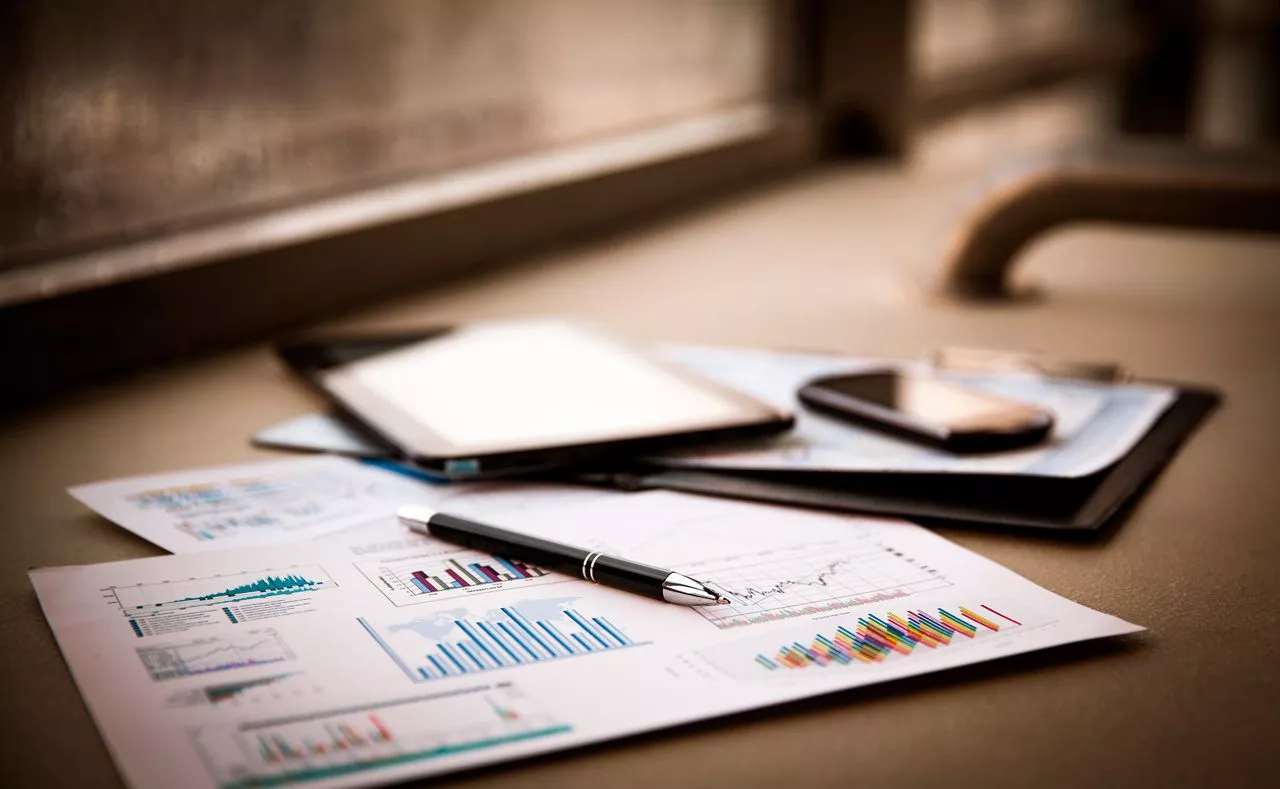
The Best Ways to Invest Money in the UAE
In case you really want to invest money in the Emirates, you should know more about the most popular methods to which locals, expats and non-residents usually use.
Investing in savings accounts in the UAE
A savings account is a type of for-profit account through which an investor keeps his or her funds safe. In the United Arab Emirates, this type of account offers less than a 1% interest rate, which is directly related to the amount deposited in the account itself. There are no fixed rates and they all vary from bank to bank. In this case, the investor should analyze the situation and choose the bank that can offer the most profitable interest rates on savings and deposit accounts. For example, the down payment on a savings account at the Islamic Bank of Abu Dhabi is AED 3К (USD 815) and the annual yield is only 0.36%. The interest rate on the Mashreq Easy Saver account ranges from 0.90% to 1.25% per year, depending on the amount to be saved in the account. If a non-resident wants to open a savings account, he/she needs to present a 2-month bank statement from the country of residence. Note: When opening a bank account in Dubai or any other emirate, one should keep in mind that if the bank sets a minimum balance when opening a savings account, the depositor is required to keep track of the prescribed amount in their account. Normally, this is not less than AED 3К, but, for example, banks such as ADCB and ADIB offer to open such an account without a minimum balance on it. Some of the best savings accounts in UAE banks include:
<ul><li><strong>Emirates NBD Savings Account.</strong> These accounts from this bank have an annual return rate of 0.20% and are serviced in AED only. The depositor receives a free debit card when opening the account, and domestic and international transactions are interest-free. Also, owners of this Emirates NBD account do not need to pay an annual fee or account opening fee. The minimum balance is AED 3К, and the minimum salary for approval to open must be at least AED 5К (USD 1.4К). Emirates NBD is one of the best banks throughout the Arab state and complies with Sharia law, which is based on the Islamic principle of mudaraba (all customers share profits and losses equally as prescribed in the banking contract).</li><li><strong>ADCB Active Savings Account (Abu Dhabi Commercial Bank)</strong> is available to apply online and only if you have an ADCB account. Interest accrues every day from the date of opening and is paid only at the end of the month. The account is available in AED and USD, where the former can have a maximum annual interest of up to 0.80% and the latter up to 0.35%. The bank operates under Sharia norms and there are no annual fees. In addition, the depositor does not receive bank cards or a chequebook.</li><li><strong>RAKBANK Savings Account.</strong> Here you can choose from several savings account options – with a zero balance, minimum balance, fees and commissions. You can open an account in the currencies AED, USD, EUR and GBP, just send a request to the bank to open the account you need. The interest rate on the account is 0.25% per year. The interest itself is accrued daily, and payments are made every six months. But it is worth noting that payments are made once a month for the currencies EUR, CHF and JPY. Moreover, if the account balance is less than AED 10, USD 3, or GBP 2, the interest will not be credited. When opening a savings account, the applicant only needs a debit card. After one month the account holder can withdraw no more than one cash withdrawal or five utility bills. The minimum balance on the account is at least AED 3К, so if funds drop below this threshold, there will be a fine of AED 25 (USD 7).</li></ul>
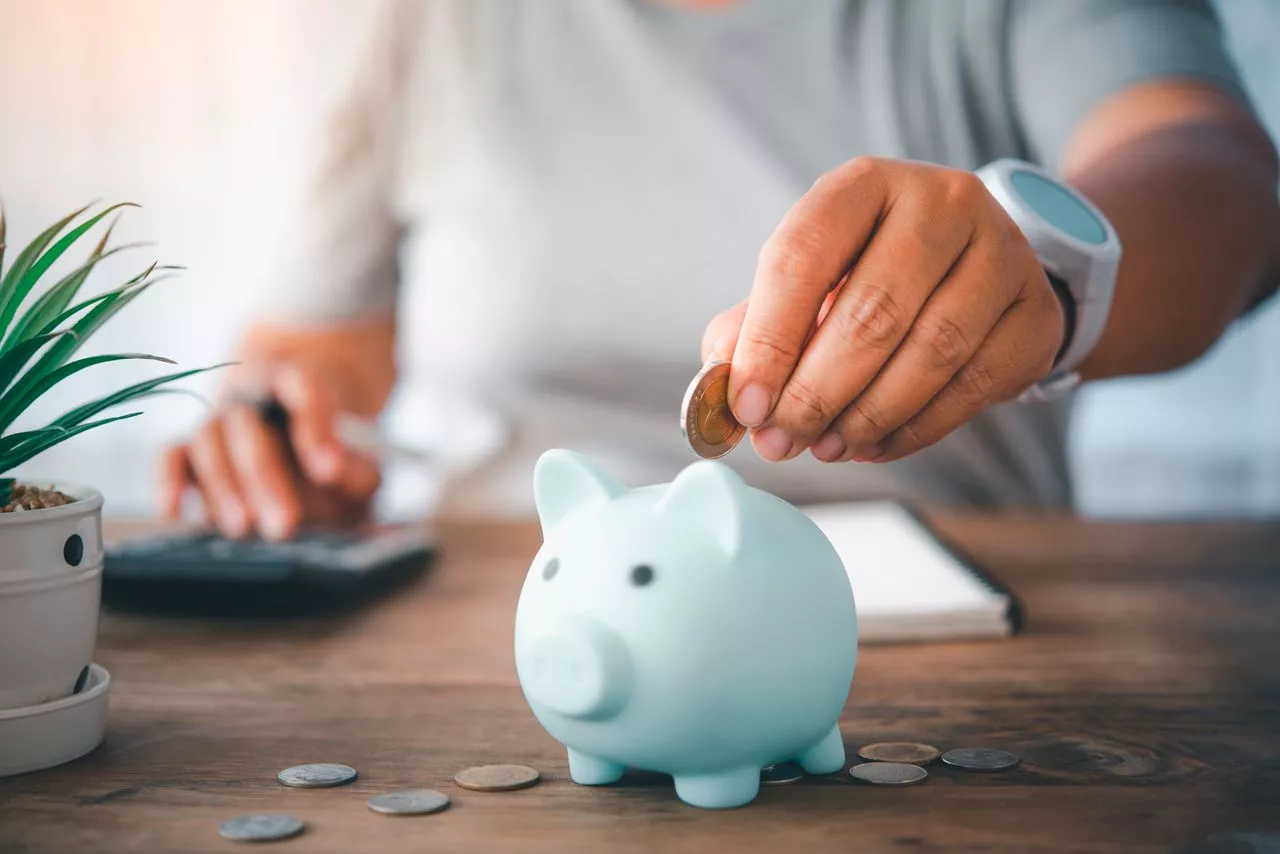
Shares & Bonds
Stock is a part of the company’s capital that can be obtained by individual and institutional investors. Money can be made from dividends or the appreciation in the stock price. To invest in stocks, one should open a trade account with a broker registered with the Dubai Financial Market (DFM), Abu Dhabi Securities Exchange (ADX), or NASDAQ Dubai. You should also obtain an Investor Number, which is an identification number for investors that is issued by the Clearing, Settlement and Depository Department (CSD). A dividend is when a company is sharing a part of its net income with shareholders, where the amount of the sum depends on the number of shares that you hold. It depends on the company but in the majority of cases, the dividend is paid every three months. Appreciation in the stock price is the best option for long-term investments. The growth and development of the company lead to a rise in stocks. If you spent AED 50К (USD 14К) on a share and now these shares are equal to AED 100К (USD 27.2К), you have doubled your investment and have earned AED 50К. However, it might take a long time to actually get a real profit from this method of investment. You shouldn’t forget about possible risks which might appear if a company gets into trouble. You can turn to national bonds, where TermSukuk offers an expected yield of 3% per year on a 3-year holding period. However, investments start at AED 50К (USD 14К) and the minimum holding period is 3 months. You can also consider investing in bonds. In this case, TermSukuk offers an expected return of 3% per annum with a holding period of 3 years and an investment of AED 50Кor more. The minimum holding period for bonds is 3 months.

Mutual Funds
There are two ways to make money while investing in mutual funds. The first option is a dividend, which is paid according to your number of shares after stocks and bonds pay dividends or interests. The other option is appreciation in the mutual fund’s value, while the price of the mutual funds gets higher due to the value increase of obtained stocks and bonds. Mutual funds are also divided into open-ended and close-ended. You can obtain or sell the first ones whenever you want, as well as add a number of shares. In the second case, you have the right to make these operations on a specific date. Funds can be passively and actively managed. Even though the owners of actively managed mutual funds promise higher returns, these funds come with higher risk. While getting into this mutual fund, you might even be unknown about the holdings. Several banks are offering mutual fund programmes. Among them are Abu Dhabi Commercial Bank and HSBC Bank. You can also get into a mutual fund with InvestDaily by Emirates NBD.
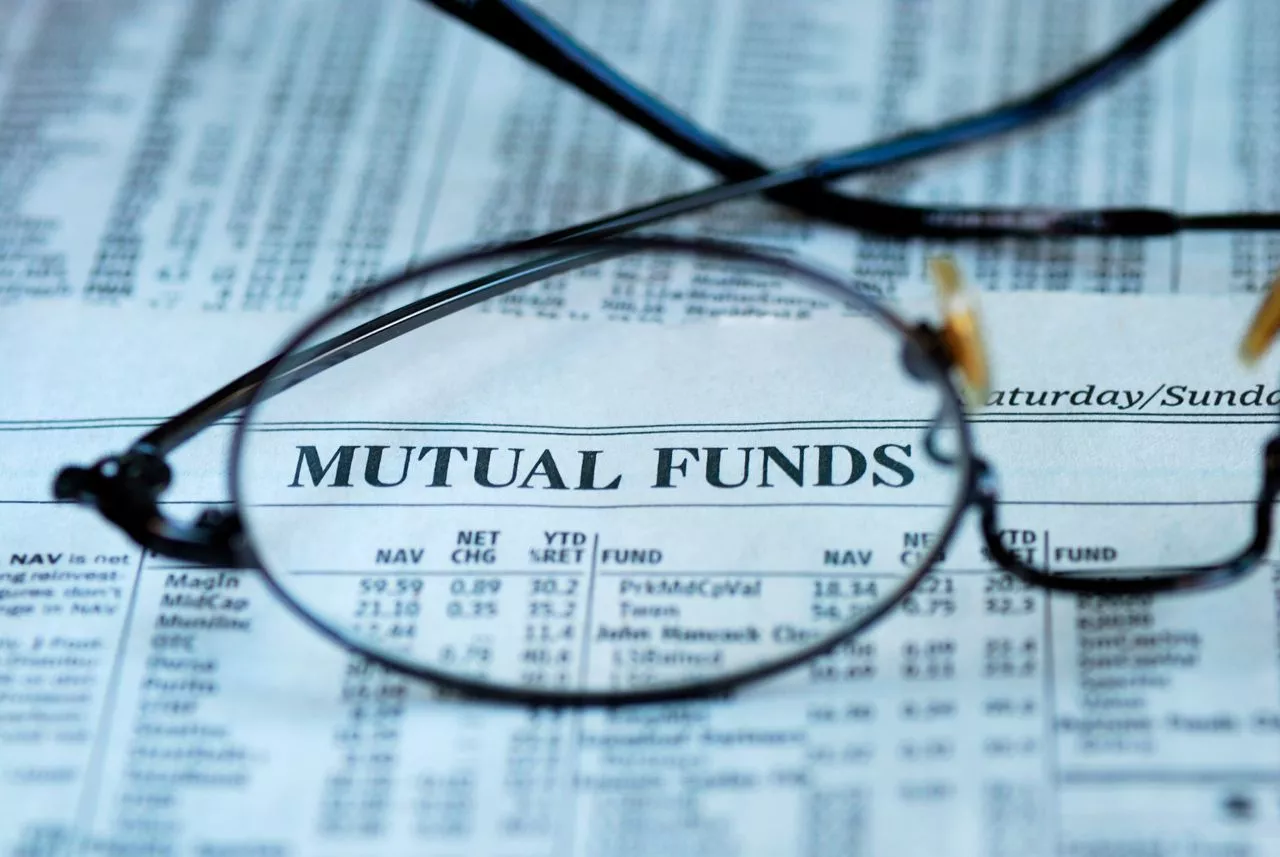
ETFs
Exchange Traded Funds, also known as ETFs, combine features of an index fund and a share and is traded on the stock exchanges. While an investor obtains a share of ETF, he/she obtains several stocks and bonds across markets all over the world. What makes ETFs attractive to investors is fewer risks and more diversification. You will not need to worry about what might happen tomorrow as you will know what is in your funds. ETFs are more transparent than mutual funds. ETFs are cheaper than index funds as their obtaining and selling are easy and can be done throughout the day while index funds can only be obtained at the close of the market. You can obtain ETFs by yourself in eToro, Interactive Brokers, Saxo Bank, etc. In case you have no idea what to do, you should use the help of a professional advisor.
REITs
Real Estate Investment Trusts is a popular option in the UAE among those who are not ready to obtain a property. REITs is a share that can be obtained and sold. Investing in REITs makes your life easier as you don’t need to maintain the property, look for tenants and solve other issues. There are Equity REITs that purchase real estate properties as well as Mortgage REITs that provide mortgage services to investors. The dividends are paid regularly and give an investor a stable income. This type of investment can be taken into consideration as a pre-step of buying property in the Emirates. It’s better to buy REITs in ETFs as you risk obtaining individual REITs like in the case with stocks.
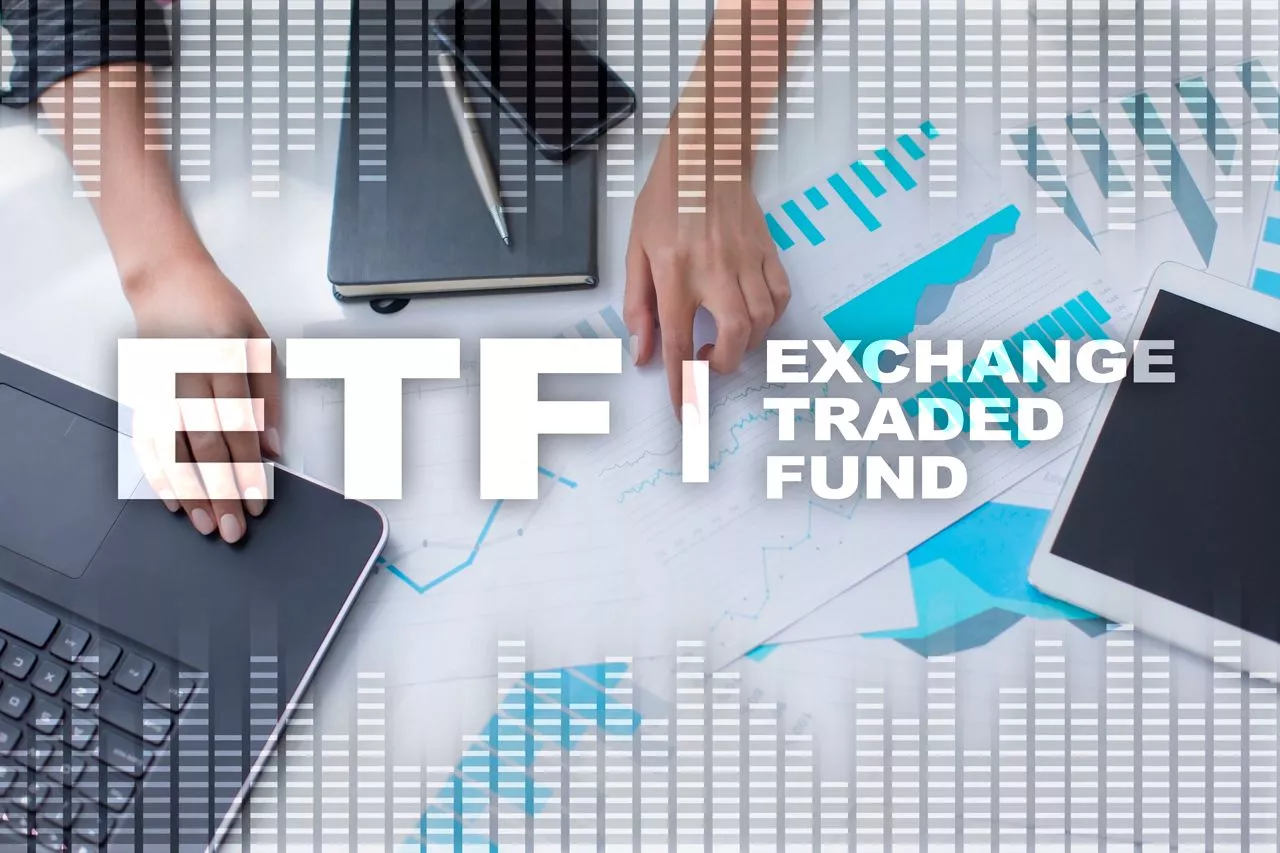
Investing in retirement in the UAE
Expats working in the UAE are not entitled to a state pension, but they can apply to the Dubai Pension Programme and apply for a 5-year visa to retire or count on a corporate pension. At the moment there are discussions in the UAE on the draft law on the pension provision of foreign nationals. According to these bills, employers of foreign employees must contribute certain amounts to the pension fund so that expats will have the opportunity to receive a pension in the UAE over time. In February 2020, the DIFC Employee Workplace Savings (DEWS) project was launched at the Dubai International Financial Center which requires companies in the free zone where expats work to make monthly contributions to a centralized investment fund. The amount of contributions vary from 5.83% to 8.33% of the employee’s salary. When an expat employee is dismissed or resigns, these savings accrue in lieu of a lump sum benefit. In order to participate in the Retire in Dubai programme, a foreign investor must fulfill the following requirements (as per the Retire in Dubai programme website):
<ul><li>Have an income of at least AED 15К (USD 4К) per month.</li><li>Have a bank deposit of at least AED 1М (USD 275К) for 3 years.</li><li>Own real estate to a total value of AED 1М.</li><li>You can also combine the 2nd and 3rd items, splitting the amount in half.</li></ul>
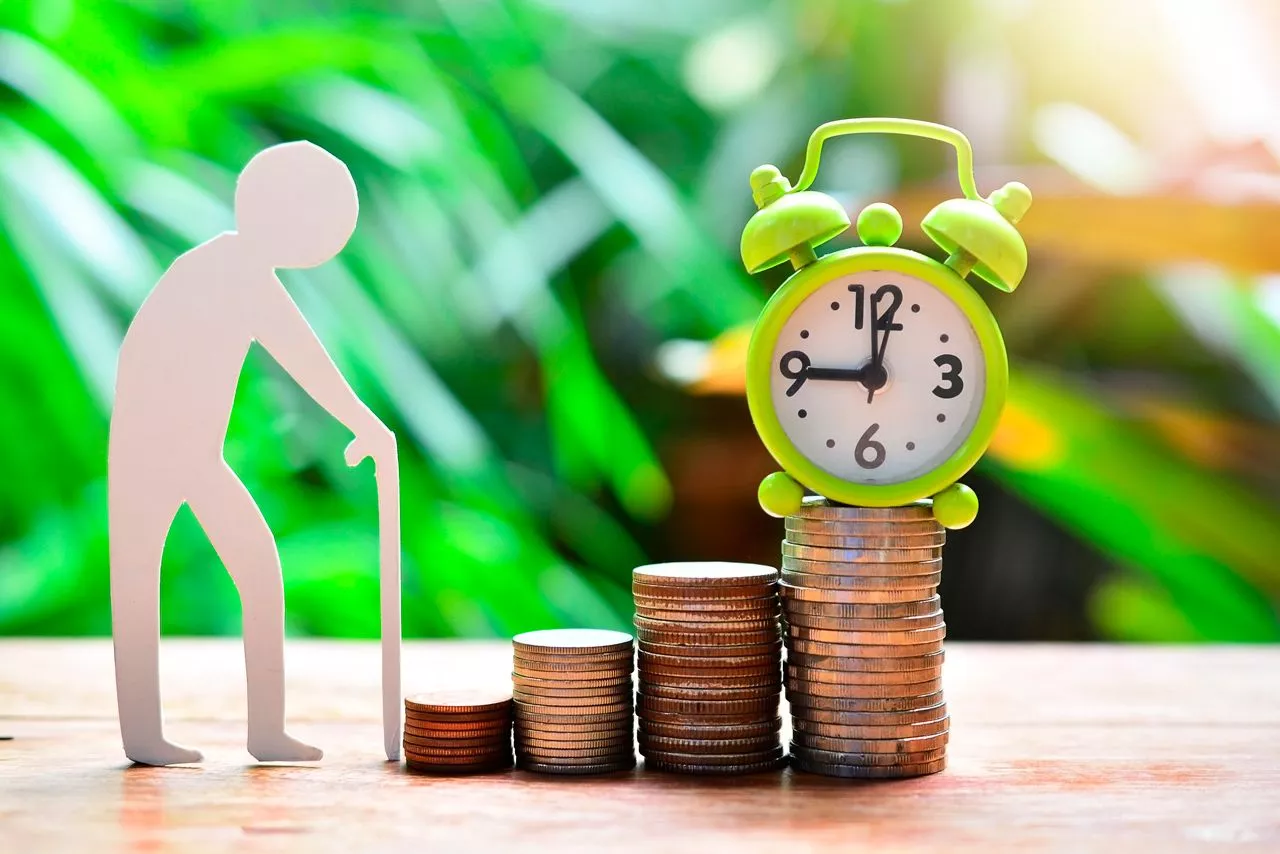
Tax on investments in the UAE
In the UAE there is no income tax on individuals, no capital gains tax, no tax on the resale/gift or inheritance of real estate. This rule also applies to securities. The UAE is often considered to be tax-free, although this is not the case, as it is more accurate to say that the UAE is a state with minimal taxes (for example, 5% VAT). So when buying a property the investor is obliged to pay the state duty of 4% DLD, although sometimes this amount can be divided between the developer and the buyer equally at 2%, or even exclusively by the developer, as a bonus for the purchase of the real estate from the project. Rental tax on real estate in each emirate may differ. For example, foreign tenants must pay 5% per year for a residential rental property in Dubai and 10% for the lease of commercial property. In Abu Dhabi, the tax is 3% and in Sharjah – 2%. As for corporate taxes, the state has established that only oil and gas companies and all foreign banks and their subsidiaries are required to pay. Thus, oil companies located in the UAE are subject to an income tax at a maximum rate of 55% and branches of foreign banks at a rate of 20% of their profits. However, it is worth noting that all companies which are registered in Free Economic Zones are exempt from corporate tax for a certain period, which can then be extended. Moreover the UAE has signed more than 130 double taxation treaties with many countries all over the world. If your country is one of them, you can submit the necessary documents to your embassy in order not to pay the same taxes from the profits on the territory of the actual location and at the place of your citizenship. The UAE tax system also includes an excise tax on goods harmful to human health and the environment. For example, carbonated beverages and products with added sugar and/or other sweeteners are subject to a 50% excise tax. But energy drinks, tobacco products and other smoking devices are 100% excise tax. There are also concepts such as excise tax for businesses, VAT for businesses or import and export taxes. If you want to find out more about this, you can read more in our article The tax system of the UAE.

Why Should One Choose Long-Term Investment in the UAE?
The UAE is a constantly developing state that has been attracting tourists and foreign businessmen for many years. Everything is stable here, including politics, the economy and business. When planning to invest in the United Arab Emirates, you should learn more about long-term investments. Most people choose short-term investments, mistakenly believing that this will take less risk and gain more profit. They do not know the difference between saving and investing. In this case, it is advisable to contact an experienced professional who will help you make an investment plan and help you find the best investment option for you. For example, even if you do not plan to live in the UAE, but want to choose to buy Dubai real estate as a long-term investment, you can always ask for help from a management company, which will then take care of marketing and finding tenants for you. Our company Metropolitan Premium Properties is ready to help you in your search for investment properties, guaranteeing you full support in the process of real estate transactions in Dubai and other emirates of the UAE. Our experts are also ready to assist you in obtaining a mortgage loan in the Emirates, as well as provide qualified legal services, property transfer services, or the management of your property.


